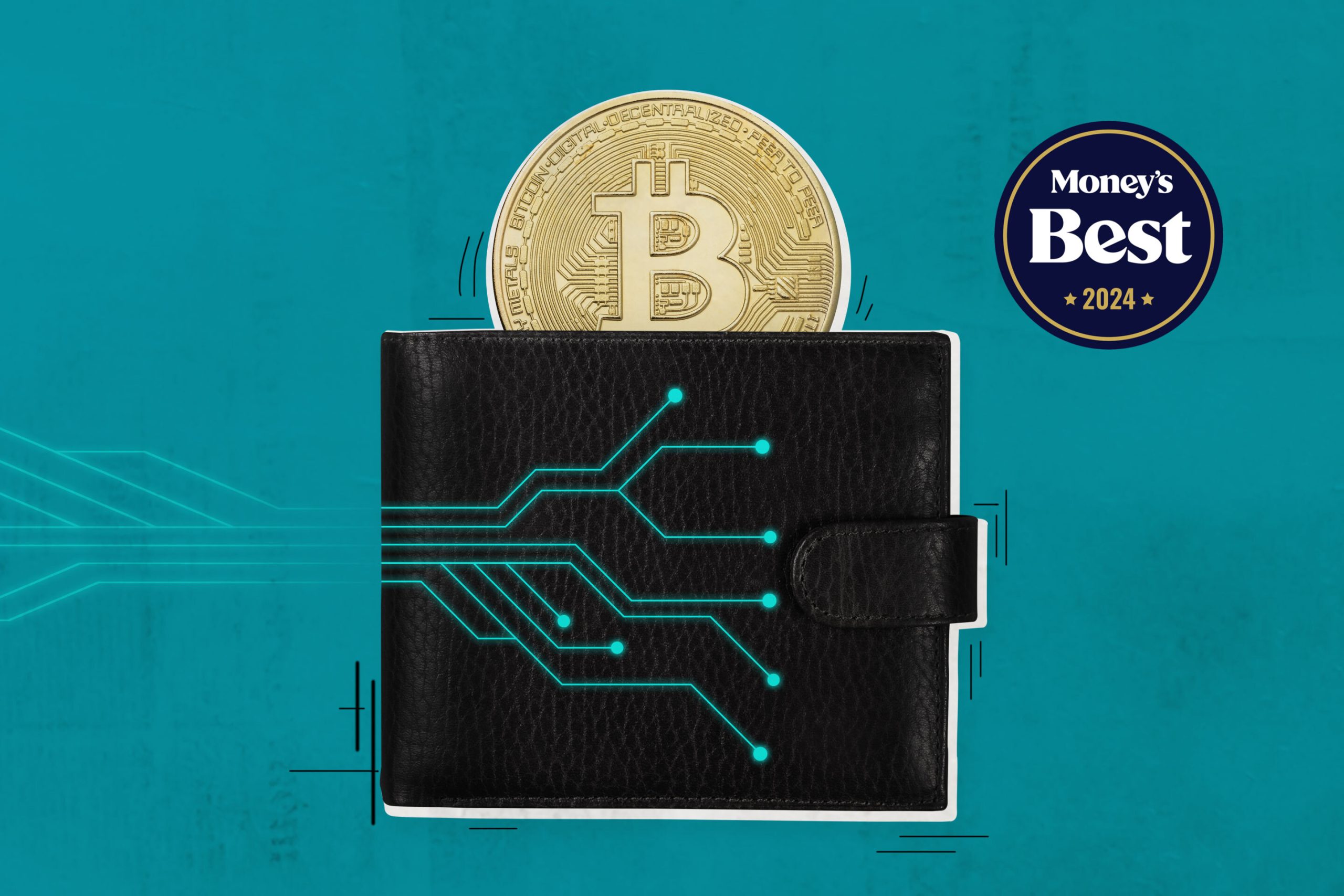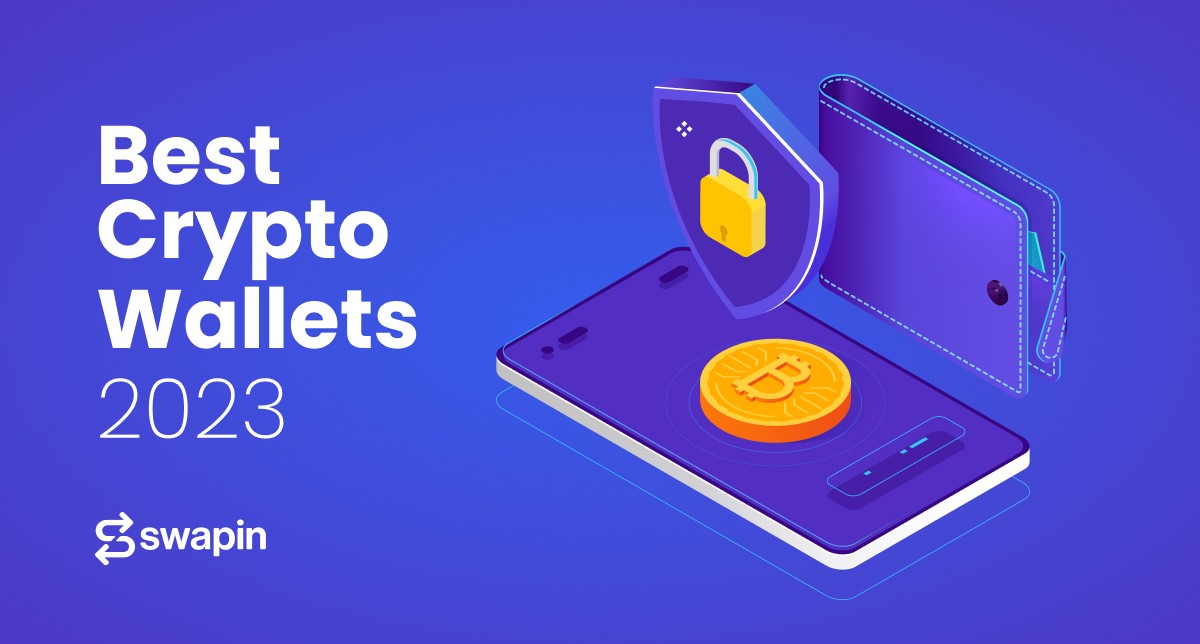The best crypto wallet depends on your needs: Ledger Nano X for robust security and multi-currency support, Trezor Model T for a user-friendly interface and security, or MetaMask for easy access to Ethereum and decentralized applications. Consider security, supported currencies, and whether you prefer hardware or software wallets.

Understanding Different Types of Crypto Wallets
The landscape of cryptocurrency storage is diverse, with various types of wallets offering different security measures, accessibility levels, and functionalities. Understanding these differences is crucial for anyone looking to securely store their digital assets.
Overview of Hot Wallets vs. Cold Wallets
Hot wallets are connected to the internet, providing easy access and fast transactions. They include software wallets like desktop apps and mobile apps. Conversely, cold wallets are offline storage solutions, such as hardware wallets and paper wallets, offering enhanced security by reducing exposure to online threats.
- Hot Wallets: Offer convenience for daily transactions. Ideal for smaller amounts of cryptocurrency intended for regular use.
- Cold Wallets: Best for long-term storage of larger cryptocurrency amounts due to their superior security features.
Pros and Cons of Software Wallets
Software wallets are a popular choice for their ease of use, availability across multiple devices, and often free cost. However, their online nature makes them more susceptible to hacking and phishing attacks compared to offline alternatives.
- Pros: Easy access, user-friendly interfaces, and support for multiple cryptocurrencies.
- Cons: Higher risk of online threats and dependency on the security of the user’s device and internet connection.
Hardware Wallets: Security and Accessibility
Hardware wallets provide a secure form of cold storage by keeping private keys on a physical device not connected to the internet. While they offer top-notch security, they can be more expensive and less convenient for quick transactions compared to software wallets.
- Security: Immune to most online hacking attempts, as private keys never leave the device.
- Accessibility: Transactions require the device to be connected to a computer or smartphone, which can be less convenient than software wallets.
Paper Wallets and Their Place in Crypto Storage
Paper wallets are a form of cold storage where private keys and public addresses are printed on paper. They are considered highly secure since they are completely offline, but they require careful handling to prevent loss or damage.
- Security: Offers high security as it’s immune to online hacking attacks.
- Usability: Not as convenient for frequent transactions and requires careful physical storage to prevent damage or loss.

Key Features to Look for in a Crypto Wallet
Choosing the right crypto wallet is crucial for the security and management of your digital assets. Various features and functionalities can impact your wallet’s usability, security, and convenience. Here’s what to look for when selecting a crypto wallet:
Security Measures and Protocols
The foremost priority in a crypto wallet is its security features to protect your assets from unauthorized access and cyber threats. Important security measures include:
- Private Key Security: Ensures that your private keys, which are used to authorize transactions, are stored securely and are not exposed to the internet.
- Two-Factor Authentication (2FA): Adds an additional layer of security by requiring a second form of verification before allowing access or transactions.
- Multi-Signature Support: Requires multiple approvals from different devices or individuals before executing a transaction, adding an extra layer of security.
User Interface and Ease of Use
A wallet’s user interface (UI) significantly affects your ability to efficiently manage your cryptocurrencies. Key considerations include:
- Intuitive Design: Look for a wallet with an easy-to-navigate interface, clear transaction processes, and straightforward asset management.
- Cross-Platform Compatibility: The ability to access your wallet across different devices (desktop, mobile, web) enhances usability.
- Customer Support: Reliable customer support is essential for resolving any issues or questions that may arise.
Support for Multiple Cryptocurrencies
As the cryptocurrency space evolves, having a wallet that supports multiple cryptocurrencies can provide flexibility and convenience. Consider:
- Diverse Asset Support: A wallet that supports a wide range of cryptocurrencies and tokens allows for easier portfolio diversification.
- Integration with Exchanges: Some wallets offer integrated exchange features, enabling easy trading and swapping of assets within the wallet.
Backup and Recovery Options
The ability to recover your assets in case of device loss, theft, or failure is critical. Look for wallets that offer robust backup and recovery options:
- Seed Phrases: A seed phrase, typically a series of words, allows you to recover your cryptocurrencies if your device is lost or damaged.
- Encrypted Backup: Some wallets offer encrypted backup options that can be stored in different locations for added security.
Top Software Wallets for Cryptocurrency
Software wallets are a popular choice for managing cryptocurrency due to their convenience, ease of use, and accessibility. They come in various forms, such as desktop applications, mobile apps, and browser extensions. Here, we explore some of the top software wallets in the market, highlighting their key features and advantages.
Exploring the Popularity of Coinbase Wallet
Coinbase Wallet is renowned for its user-friendly interface and integration with the Coinbase exchange, making it a favorable option for both beginners and experienced users. Key highlights include:
- Ease of Use: Its intuitive design simplifies the process of buying, selling, and transferring cryptocurrencies.
- Security Features: Offers strong security measures, including two-factor authentication and secure enclave technology for private keys.
- DApp Browser: Integrated decentralized application (DApp) browser allows users to interact directly with DeFi applications and services.
Benefits of Using MetaMask for Ethereum Users
MetaMask is primarily known for its role in accessing Ethereum and ERC-20 tokens, as well as its seamless integration with decentralized applications (DApps). Its benefits include:
- Wide DApp Compatibility: Easily interacts with various Ethereum-based DApps directly from the browser.
- User-Friendly: Offers an easy-to-navigate interface for managing Ethereum and ERC-20 tokens.
- Cross-Platform Availability: Available as a browser extension and mobile app, providing flexibility in how users access their assets.
Examining the Features of Trust Wallet
Trust Wallet, the official mobile wallet of Binance, supports a wide range of cryptocurrencies and is designed with a focus on simplicity and security. Its features include:
- Multi-Crypto Support: Supports thousands of assets, including ERC-20, BEP2, and ERC-721 tokens.
- Built-In Exchange: Users can exchange cryptocurrencies directly within the app.
- User Privacy: Does not collect personal data, offering a high degree of privacy for users.
Security and Usability of Exodus Wallet
Exodus is known for its beautiful design and ease of use, offering a seamless experience for managing a diversified portfolio of cryptocurrencies. Notable aspects include:
- User-Friendly Interface: Its graphical representation of assets and simple navigation make it suitable for beginners.
- Security Measures: Provides on-device private key storage and backup options, although it lacks two-factor authentication.
- Multi-Platform Support: Available on desktop and mobile, and recently integrated with the Trezor hardware wallet for enhanced security.
Best Hardware Wallets on the Market
Hardware wallets provide the highest level of security for cryptocurrency users, storing private keys on a physical device that remains offline. They are essential for anyone looking to secure significant amounts of cryptocurrency over the long term. Let’s delve into some of the best hardware wallets currently available, highlighting their key features and why they stand out.
Why Ledger Nano X Leads in Hardware Wallets
The Ledger Nano X is a premium hardware wallet known for its extensive security features and support for a wide range of cryptocurrencies. Key reasons for its leadership in the market include:
- Bluetooth Connectivity: Allows for wireless management of your crypto assets, making it more convenient to use with mobile devices.
- Large Capacity: Can store up to 100 apps simultaneously, accommodating users with diverse portfolios.
- Security: Incorporates a secure chip to protect against physical and cyber threats, ensuring the safety of private keys.
Trezor Model T: A Blend of Security and Accessibility
The Trezor Model T combines top-notch security with user-friendly features, making it a favored choice for both beginners and experienced users. Its highlights include:
- Touchscreen Interface: Provides an intuitive and accessible way to manage transactions and access coin storage.
- Open-Source Software: Enhances security and transparency, allowing for community review and contributions.
- Broad Cryptocurrency Support: Supports hundreds of cryptocurrencies and facilitates direct access to third-party exchanges from the device.
Comparing Ledger Nano S and Its Competitors
The Ledger Nano S is another highly regarded hardware wallet, offering robust security at a more affordable price point compared to its big brother, the Nano X, and other competitors. Key features include:
- Affordability: Offers a cost-effective solution for users seeking secure offline storage.
- Security: Like the Nano X, it features a secure chip to protect private keys and supports pin code access.
- Extensive Support: Compatible with over 1,500 cryptocurrencies, making it versatile for users with varied portfolios.

The Rise of Coldcard for Bitcoin Maximalists
Coldcard is specifically designed for Bitcoin users, emphasizing ultra-secure storage for the world’s leading cryptocurrency. Its ascent among Bitcoin maximalists can be attributed to:
- Bitcoin-Only Focus: Tailored specifically for storing Bitcoin, offering features and security measures designed to optimize the protection of BTC.
- Open-Source and Transparent: The device’s firmware is open-source, allowing for community inspection and ensuring no hidden vulnerabilities.
- Physical Security: Features a physical security seal that indicates if the device has been tampered with.
Selecting the right hardware wallet depends on your specific needs, such as the cryptocurrencies you hold, the level of security you require, and the features you find most convenient. Whether you prioritize a wide range of supported cryptocurrencies, advanced security features, or a user-friendly interface, there’s a hardware wallet on the market to suit your needs.